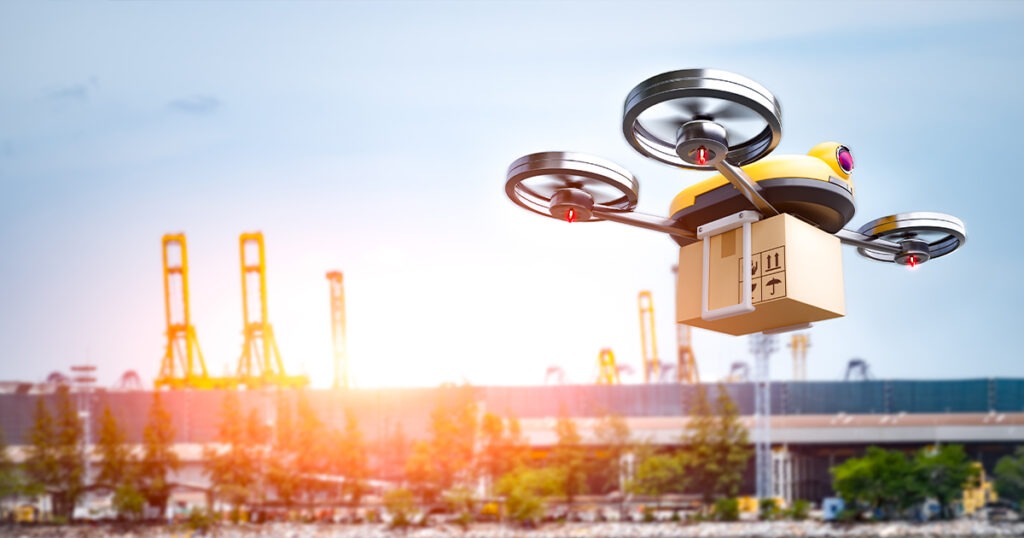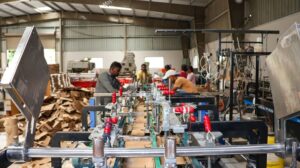The Future of Last-Mile Delivery: Trends and Innovations
- Saru
- May 1, 2023

The last-mile delivery sector is increasingly vital in today’s dynamic world, as it directly impacts the success of e-commerce and logistics businesses. It encompasses the crucial stage of the delivery process, ensuring products are transported from fulfillment centers or local hubs to the end consumer’s doorstep. With growing customer expectations, the last-mile delivery industry is undergoing remarkable advancements and innovations. In this blog, we will delve into the emerging trends and innovative solutions that are shaping the future of last-mile delivery.
Delivery Drones:
Delivery drones have captured the imagination of the last-mile delivery industry as they offer improved efficiency and reduced delivery times. These unmanned aerial vehicles (UAVs) are capable of navigating through urban environments and swiftly delivering packages. Several major companies have successfully conducted pilot programs, and as regulations evolve, widespread adoption of delivery drones for smaller packages and challenging locations is expected.
Autonomous Delivery Vehicles:
Autonomous delivery vehicles, including robots and self-driving vans, are revolutionizing the last-mile delivery landscape. These vehicles can efficiently navigate city streets, reducing congestion and minimizing carbon emissions. Companies are investing in advanced sensors, computer vision, and artificial intelligence systems to ensure safe and reliable autonomous deliveries. Moreover, these vehicles operate 24/7, providing faster and more flexible delivery options.
Crowd Shipping:
Crowd Shipping leverages crowdsourcing to facilitate last-mile deliveries by utilizing the unused transportation capacity of everyday individuals along their regular routes. Dedicated platforms and apps connect shippers and travelers, creating a decentralized delivery network. Crowd shipping not only reduces costs but also promotes sustainability by utilizing existing resources effectively.
Micro-Fulfillment Centers:
To address the challenges of the last-mile delivery process, companies are adopting micro-fulfillment centers (MFCs). These smaller-scale warehouses are strategically located closer to urban centers, enabling faster order processing and reducing transportation costs. By employing automation technologies, MFCs can efficiently sort and pack orders, streamlining the delivery process and enhancing customer satisfaction.
Data Analytics and Route Optimization:
Data analytics and route optimization algorithms are increasingly vital for last-mile delivery. Advanced software solutions analyze data from various sources, including historical delivery patterns, real-time traffic data, and weather conditions. By optimizing delivery routes, companies can minimize mileage, reduce fuel consumption, and improve overall efficiency. Real-time tracking and predictive analytics also enable better transparency and accurate delivery time estimates.
Sustainable Delivery Solutions:
Sustainability is a top priority in the last-mile delivery industry, leading to the adoption of eco-friendly solutions. Electric vehicles (EVs) are gaining popularity due to their lower carbon footprint compared to traditional gasoline or diesel-powered vehicles. Companies are also exploring alternative energy sources, such as hydrogen fuel cells, to power their delivery fleets. Additionally, the use of recyclable and biodegradable packaging materials contributes to sustainable last-mile delivery practices.
Delivery Lockers and Smart Parcel Boxes:
To address challenges like missed deliveries and package theft, the adoption of delivery lockers and smart parcel boxes is on the rise. These secure storage units allow customers to conveniently pick up their packages, eliminating the need for multiple delivery attempts. Integration with mobile apps and smart home systems provides seamless access and enhances the overall customer experience.
The future of last-mile delivery is poised to transform the transportation and delivery of packages to end consumers. Embracing these trends and innovations will undoubtedly shape a future where last-mile delivery is faster, more efficient, and environmentally friendly.
To stay ahead in this evolving landscape, ecommerce businesses need to leverage the power of emerging technologies and innovative solutions. This is where Pluugin, an emerging ecommerce accelerator, comes into play. Pluugin provides a comprehensive platform that assists ecommerce businesses in adapting to the changing dynamics of last-mile delivery. By partnering with Pluugin, businesses gain access to a range of resources and expertise to optimize their delivery processes and stay competitive in the market.
By collaborating with Pluugin, ecommerce businesses can enhance their last-mile delivery capabilities, streamline operations, and provide an exceptional customer experience. With Pluugin as a strategic partner, businesses can navigate the future of last-mile delivery with confidence, embracing the trends and innovations that will drive their success.
To learn more about Pluugin and how it can accelerate your ecommerce business in the evolving last-mile delivery landscape, visit us at www.globalplugin.com . Take a step towards shaping the future of your last-mile delivery strategy with Pluugin as your trusted partner.
You May Also like This
Popular Posts
-
 How to Scale Your Fulfillment Operations During Peak Seasons
How to Scale Your Fulfillment Operations During Peak Seasons -
 The Future of Fulfillment: Micro-Warehouses and Hyperlocal Delivery
The Future of Fulfillment: Micro-Warehouses and Hyperlocal Delivery -
 How to Reduce Shipping Costs Without Sacrificing Speed: A Strategic Approach
How to Reduce Shipping Costs Without Sacrificing Speed: A Strategic Approach -
 Emotion AI in eCommerce: Reading Customer Sentiments to Enhance Experiences
Emotion AI in eCommerce: Reading Customer Sentiments to Enhance Experiences -
 AI-Powered Pricing Strategies: Staying Competitive in the eCommerce Marketplace
AI-Powered Pricing Strategies: Staying Competitive in the eCommerce Marketplace







